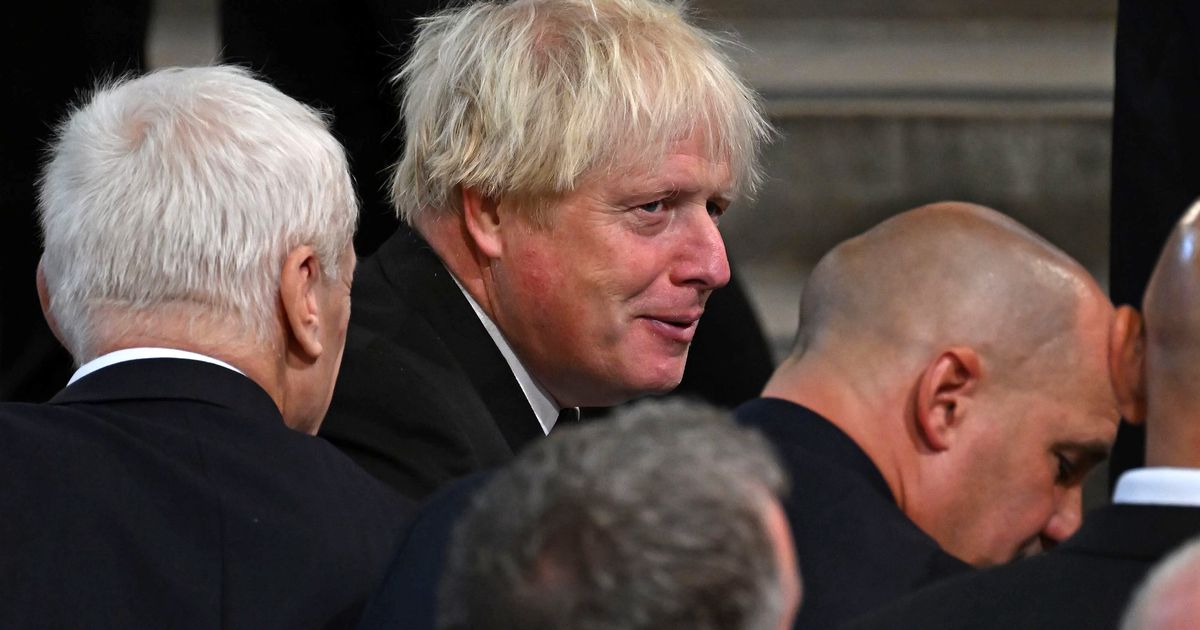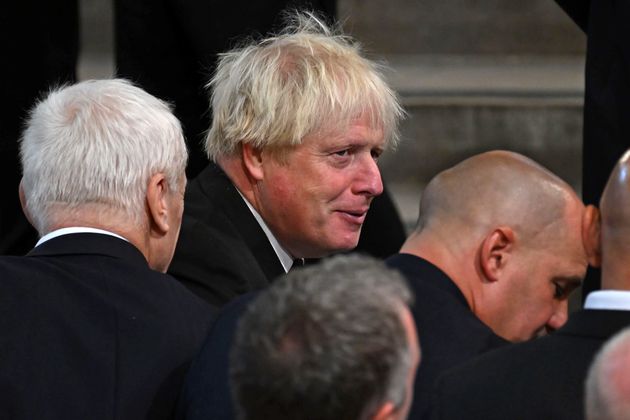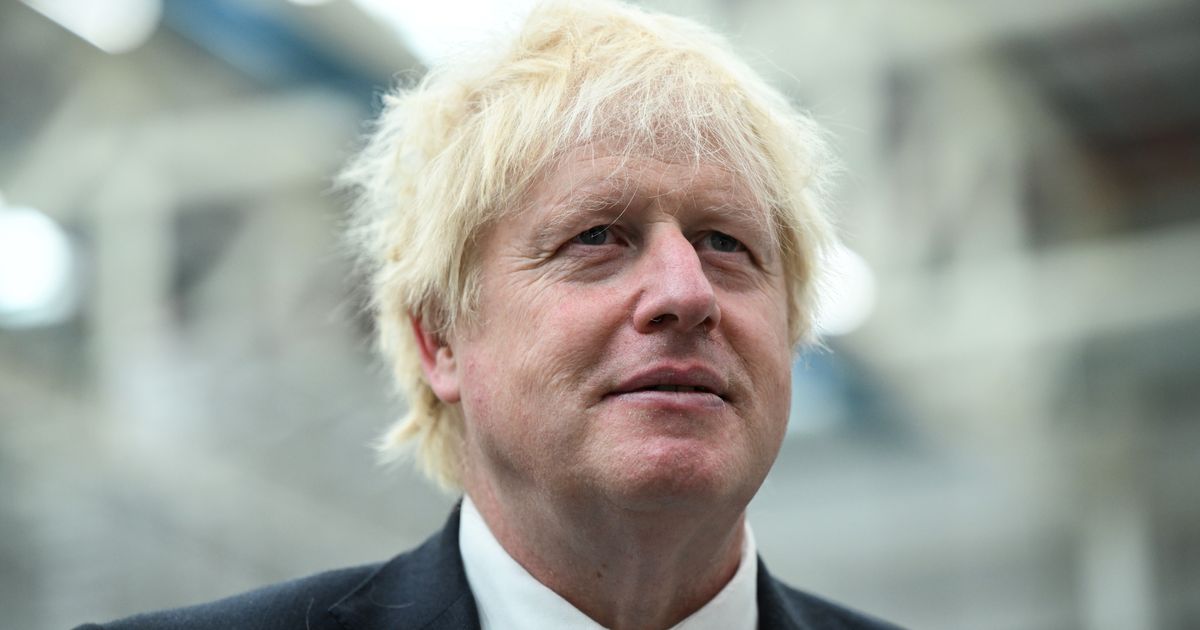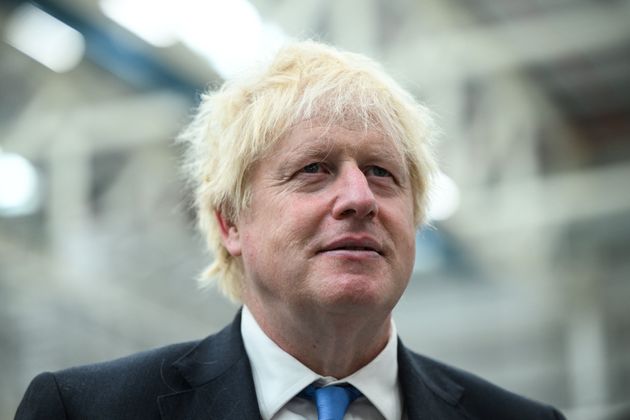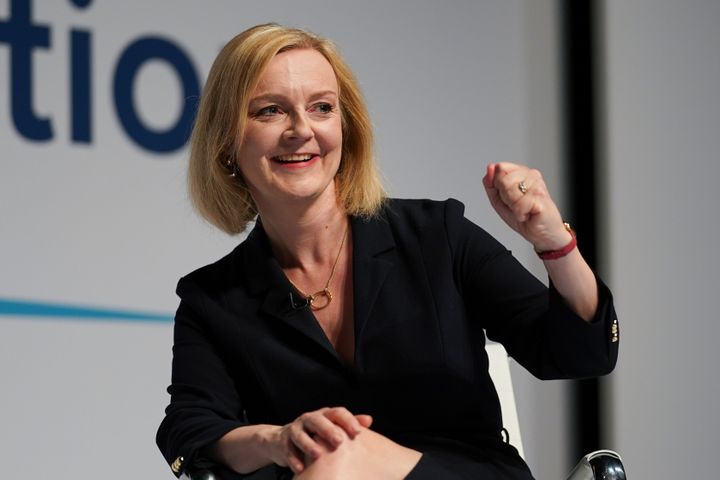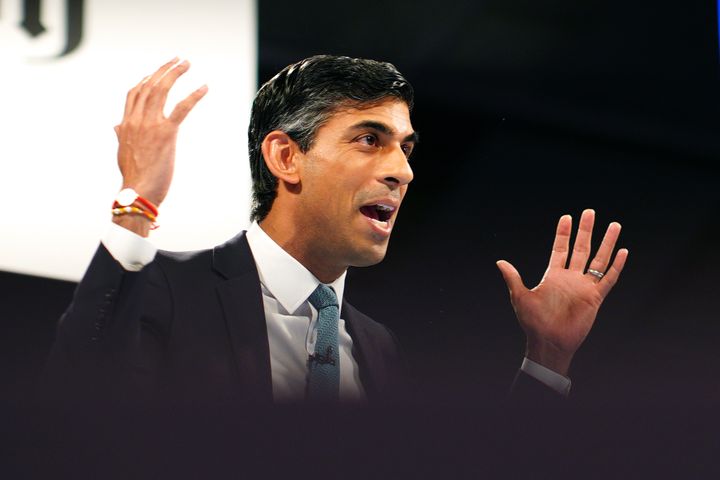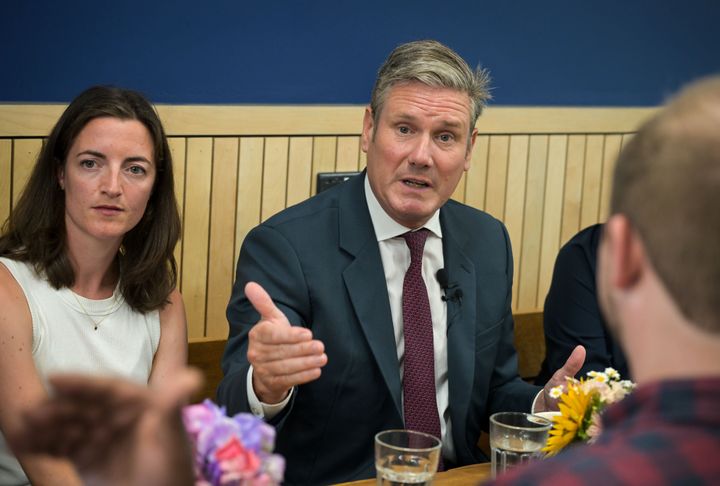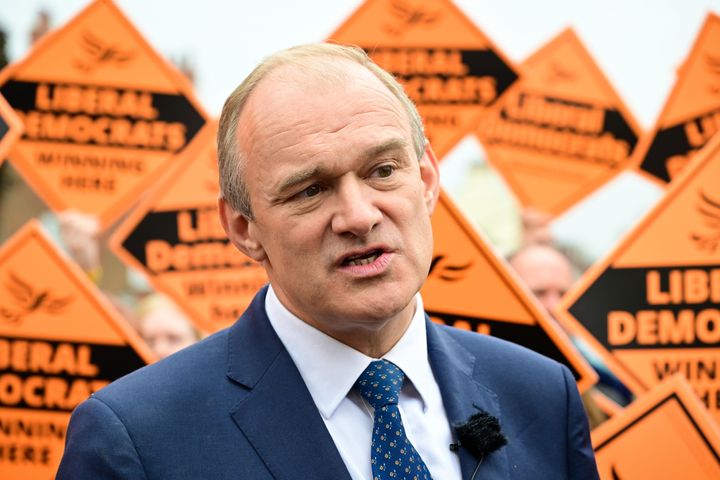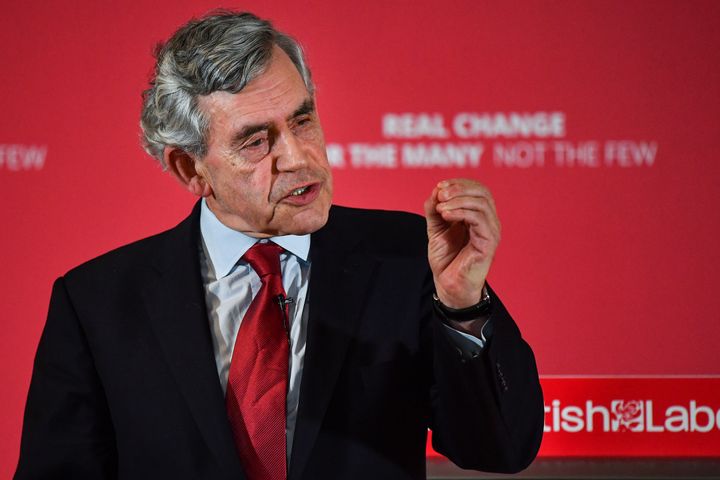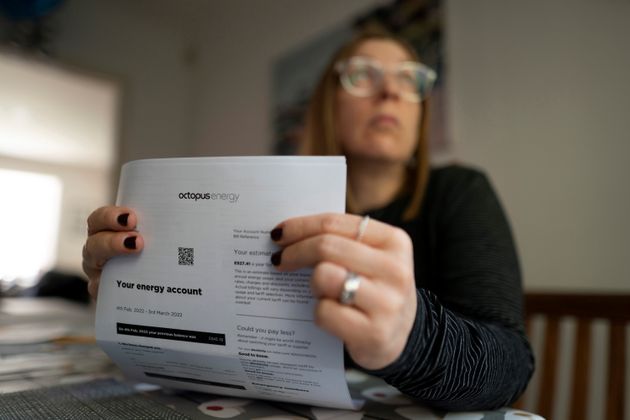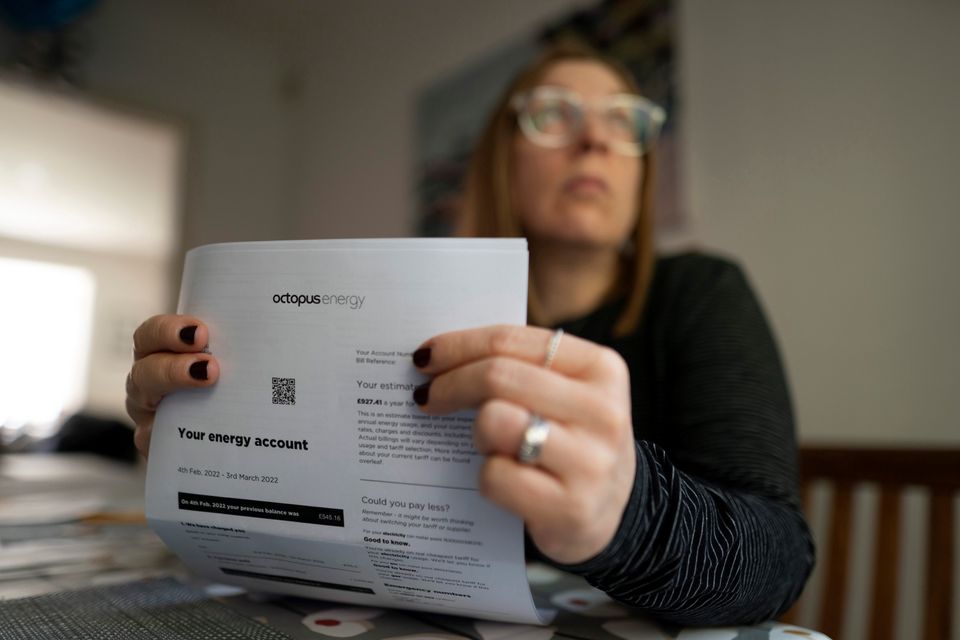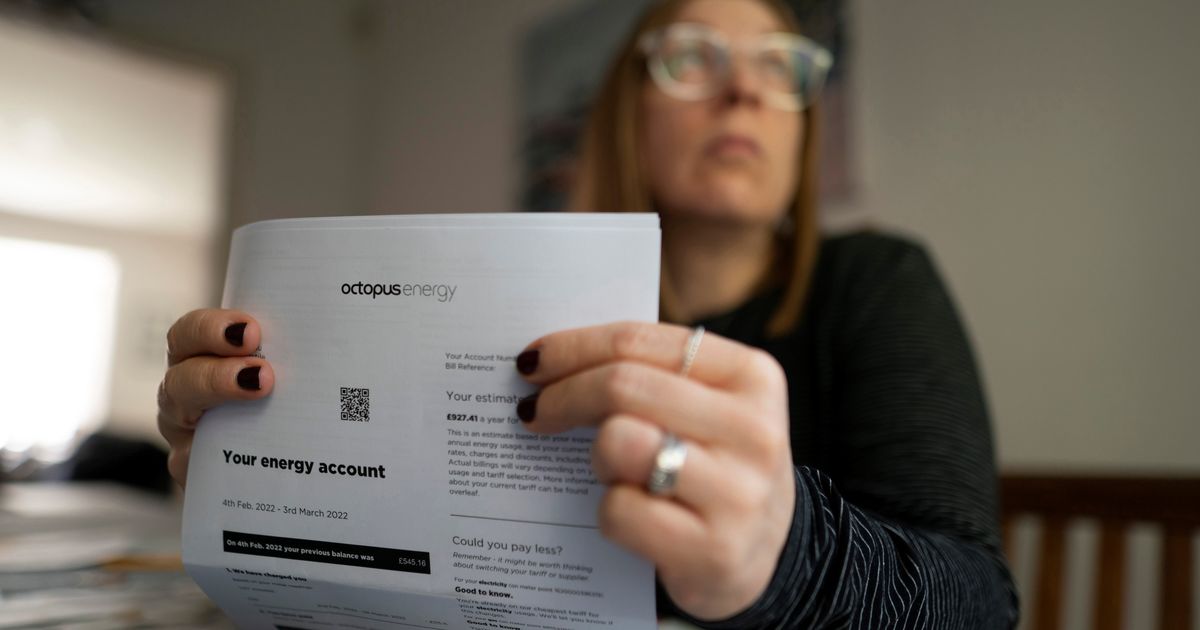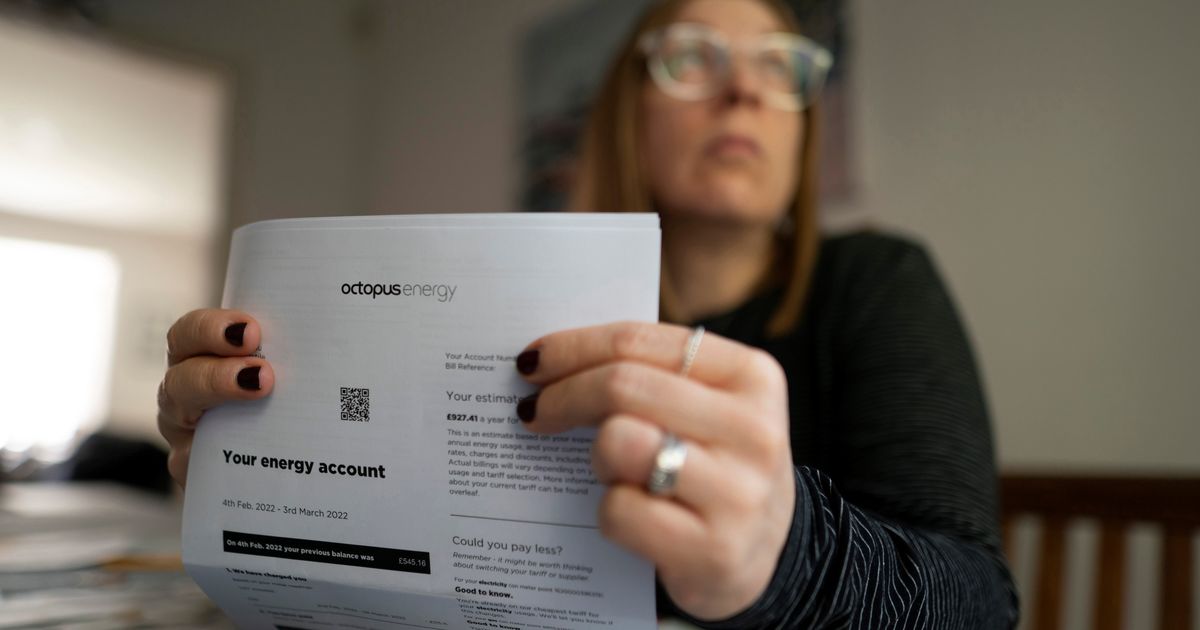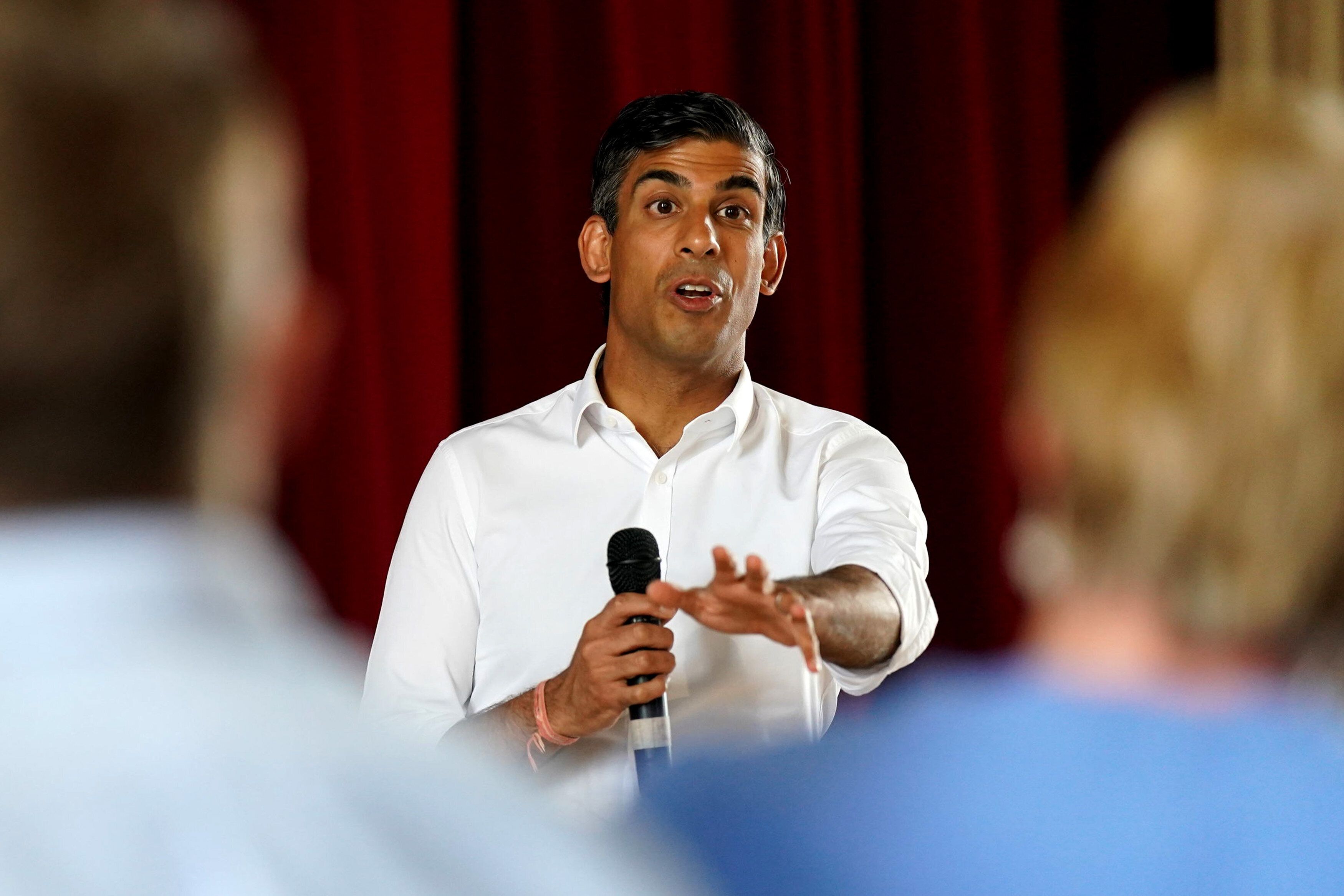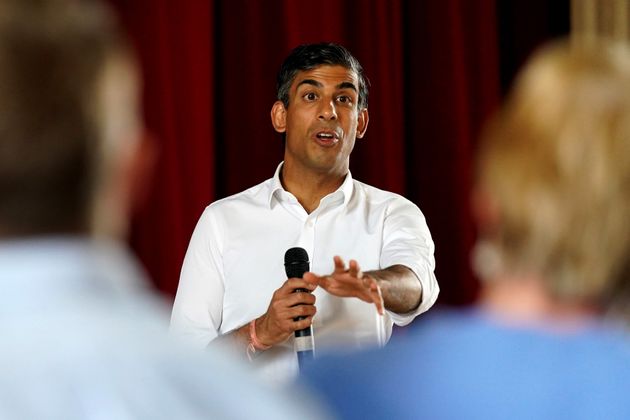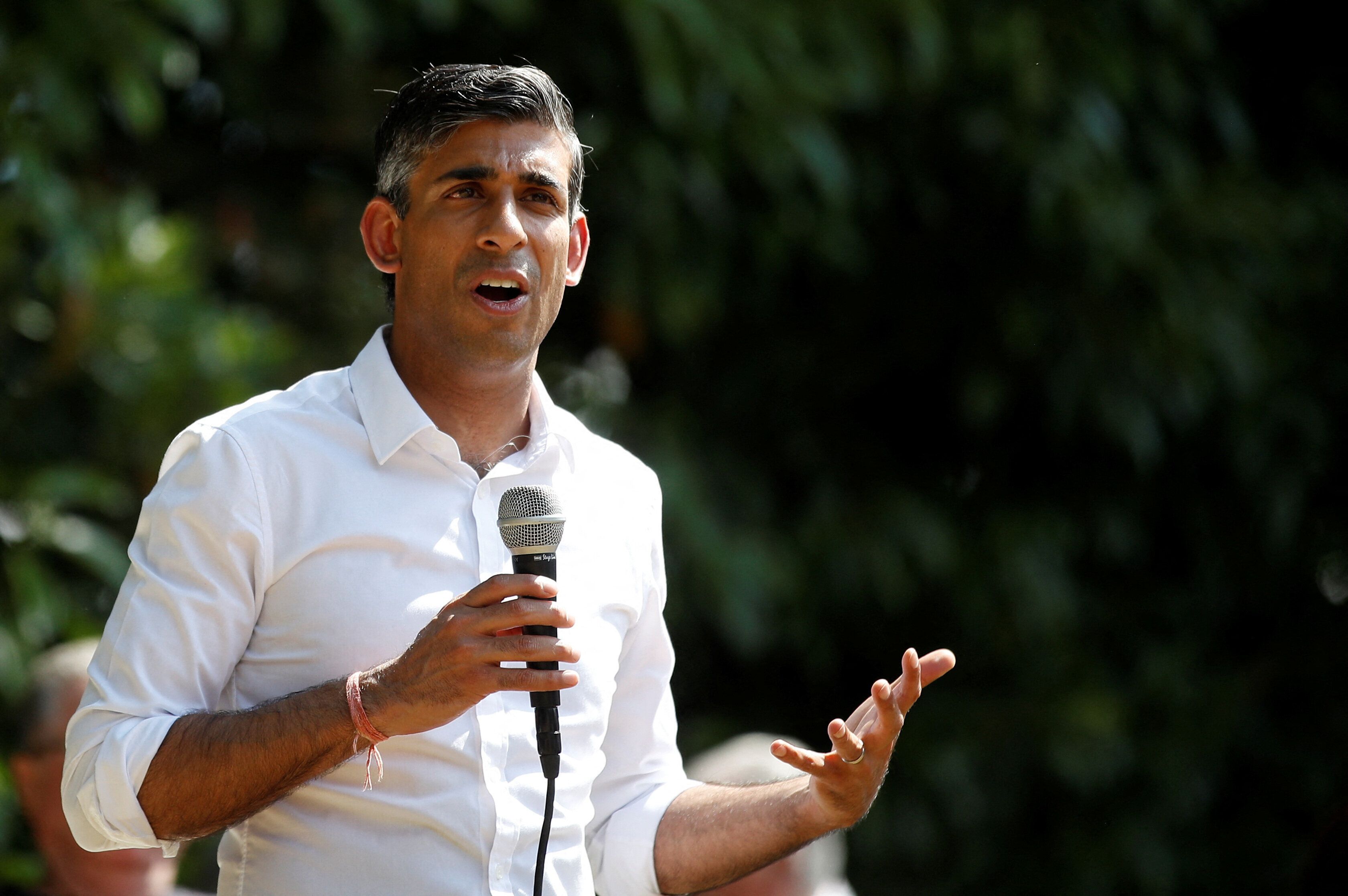Boris Johnson has ruled himself out of running for the Tory leadership, despite claiming he had the support required to do so.
The former prime minister said he had “much to offer” but that now was “simply not the right time”.
Johnson said he was “well placed” to deliver a Tory win at the next general election but suggested it would be hard to govern a disunited party.
Advertisement
“You can’t govern effectively unless you have a united party in parliament,” he said.
He also confirmed that he had appealed to the other two candidates – Rishi Sunak and Penny Mordaunt – but they had not been able to work out a deal.
Johnson pulled out just a few hours after his campaign team told supporters they had secured the 100 nominations needed from MPs to get on the ballot paper.
A number of cabinet ministers, including Jacob Rees-Mogg and Nadhim Zahawi, had backed their former boss.
One reason why the former PM may have decided not to run is that he is facing an inquiry into whether he lied to the Commons over the partygate scandal.
Advertisement
If found guilty by the Commons Privileges Committee, he could face recall proceedings that would leave him battling for his seat in the Commons if he receives a suspension of 10 days or more.
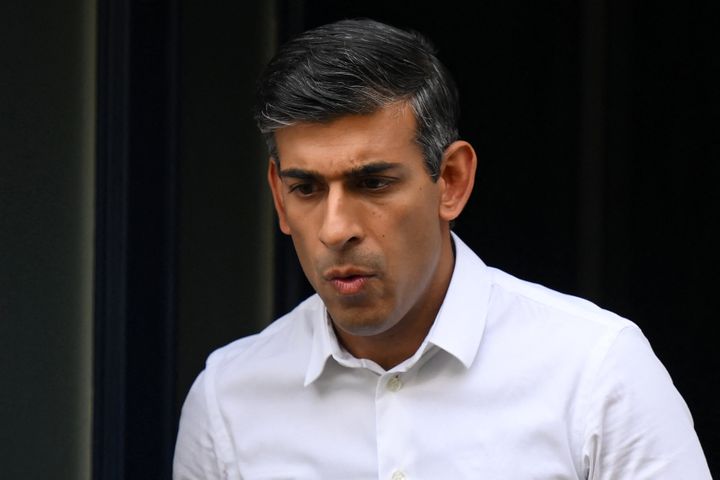
DANIEL LEAL via Getty Images
It now looks increasingly likely that former chancellor Sunak is heading for No.10 and will be Britain’s next prime minister.
In a statement, Johnson said: “In the last few days I have been overwhelmed by the number of people who suggested that I should once again contest the Conservative Party leadership, both among the public and among friends and colleagues in Parliament.
“I have been attracted because I led our party into a massive election victory less than three years ago – and I believe I am therefore uniquely placed to avert a general election now.
Advertisement
“A general election would be a further disastrous distraction just when the government must focus on the economic pressures faced by families across the country.
“I believe I am well placed to deliver a Conservative victory in 2024 – and tonight I can confirm that I have cleared the very high hurdle of 102 nominations, including a proposer and a seconder, and I could put my nomination in tomorrow.
“There is a very good chance that I would be successful in the election with Conservative Party members – and that I could indeed be back in Downing Street on Friday.
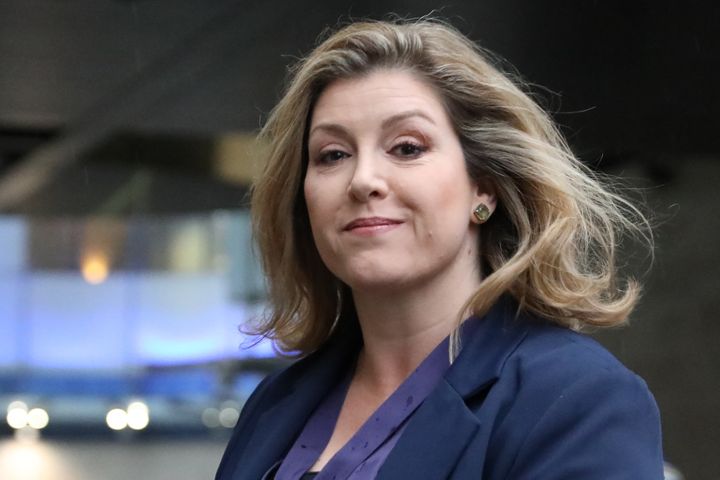
ISABEL INFANTES via Getty Images
“But in the course of the last days I have sadly come to the conclusion that this would simply not be the right thing to do. You can’t govern effectively unless you have a united party in parliament.
Advertisement
“And though I have reached out to both Rishi and Penny – because I hoped that we could come together in the national interest – we have sadly not been able to work out a way of doing this.
“Therefore I am afraid the best thing is that I do not allow my nomination to go forward and commit my support to whoever succeeds. I believe I have much to offer but I am afraid that this is simply not the right time.”
A source close to Rishi Sunak said: “We are not taking anything for granted. Rishi will be continuing to talk to colleagues tomorrow morning before nomination papers go in, and discussing how best to unite the party and take the country forward.”
A Mordaunt campaign source said: “Penny is still running to be the leader of the Conservative Party.
“Penny is the unifying candidate who is most likely to keep the wings of the Conservative Party together and polling shows that she is the most likely candidate to hold onto the seats the Conservative Party gained in 2019.
“Ed Balls, shadow cabinet ministers and Labour advisers have all said Penny is the candidate Keir Starmer fears the most.”
Advertisement





